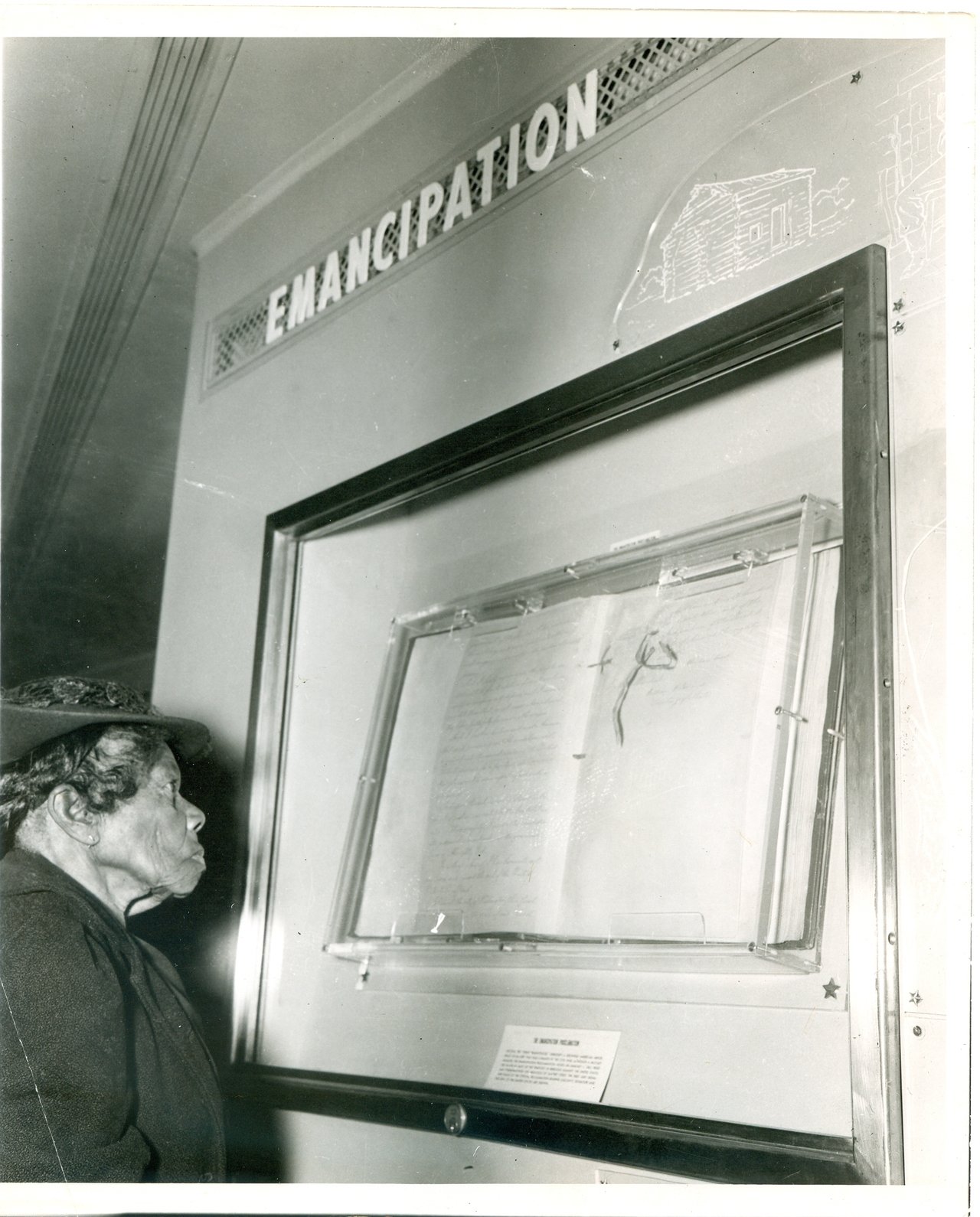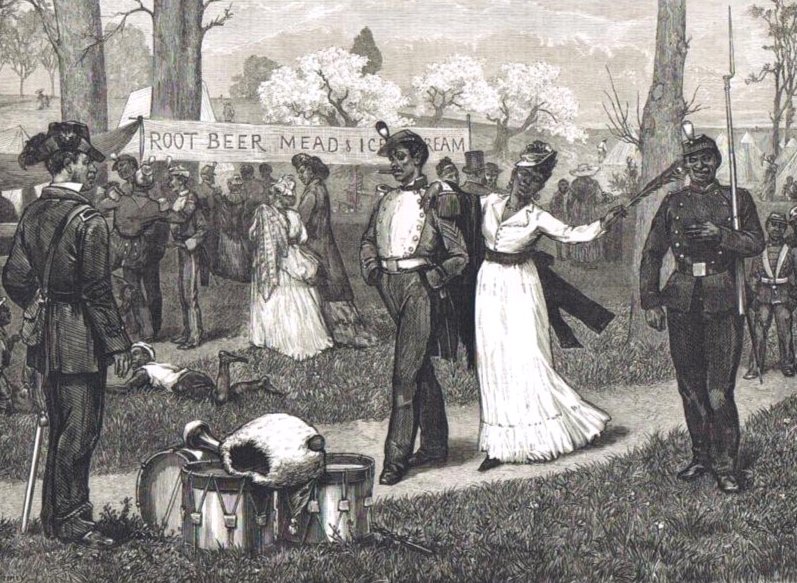History is reimagined by each generation as we choose what to believe about ourselves. The historian’s job is to keep us honest.
Teaching
-

Survey of United States History
In this survey course students renew their familiarity with the major events and eras of US history while learning to read primary and secondary sources, analyze evidence, and make compelling arguments orally and in writing. By the end of the semester, participants have the tools needed to gather information on a historical subject, critically interpret evidence, and apply research thoughtfully to the work of citizenship.
-

Women and Gender in US History
This course pursues a deeper understanding of the experiences of women and girls in the United States from the nation’s founding to the present through careful engagement with historical and literary sources. Women’s contributions to public and private life, their challenges seeking equality and equity, and their debates about the place of women and men in American society are considered in the broad context of national and global social movements. Analysis of the social constructions of sex, gender, and sexuality and the theoretical framings of feminism help students enter the ongoing scholarly conversation about sex and gender in American history.
-

African American History
This course seeks to identify and critically consider experiences, challenges, and accomplishments in the history of African Americans. Drawing on the artifacts of Black social, political, and popular culture, students will engage with both the important events of the nation’s past and the interpretation of those events by Americans past and present.
Research
-
“Sacrifices and Sufferings of True Americans”: Black Women’s Nationalism and Activism in Philadelphia, 1863-1901
My doctoral dissertation presents and analyzes the contributions of African American women in Philadelphia during and after the Civil War. Women there wrestled with the gaps between their theoretical legal rights and their lived realities, helping to shape Black female intellectual and protest traditions that remain evident to this day. Black women’s political power was not as limited as it may seem due to their lack of suffrage in this period; while their electoral power at the national and state level was severely hindered, their influence at the scale of their churches, their neighborhoods, and in the context of their local benevolent work was quite potent. It was in their work at this “small” scale that black women articulated their visions of national citizenship and their claims to American freedom and prosperity. From the 1860s through the early twentieth century, African American women grew a localized ethic of care into national institutions that cared for Black people and promoted their equal access to opportunity.